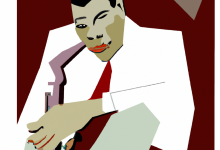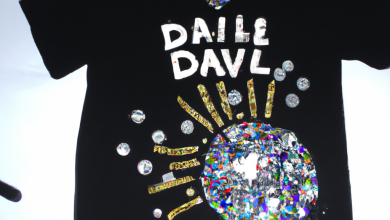gramophone record
-
gramophone record

Alternative Rock and the Rise of Indie Music in the West
I. Introduction Alternative rock and indie music have emerged as two of the most influential…
Read More » -

-

-

-

-

-

books
-
The Ultimate Guide to Self-Help Books for Personal Growth and Development

I. Introduction In today’s fast-paced and stressful world, people are constantly seeking…
-
Book Club Picks: Discussion-Worthy Novels to Read with Friends

I. Introduction Book clubs are a great way to expand one’s reading…
-
10 Must-Read Books for Your Summer Reading List

I. Introduction Summer is the perfect time of the year to kick…
-
Classics vs. Contemporary: Which Should You Read? A Comparative Analysis.

I. Introduction For centuries, literature has been a cornerstone of culture and…
-
The Dark Side of Literature: 10 Haunting and Chilling Thriller Novels

I. Introduction A. The allure of thrillers There is something undeniably captivating…
-
5 Must-Read Books to Dive Into After Finishing Your Favorite Series

I. Introduction Finishing a beloved book series can bring about a range…




















